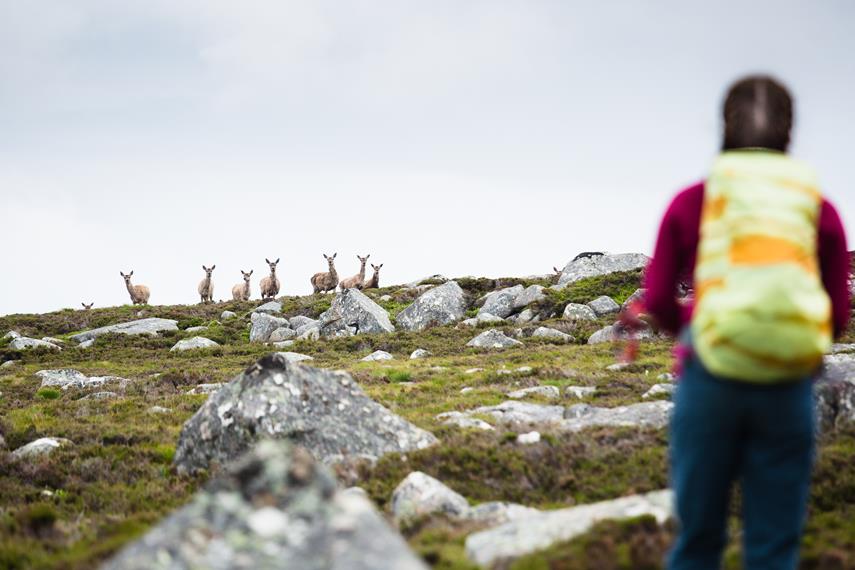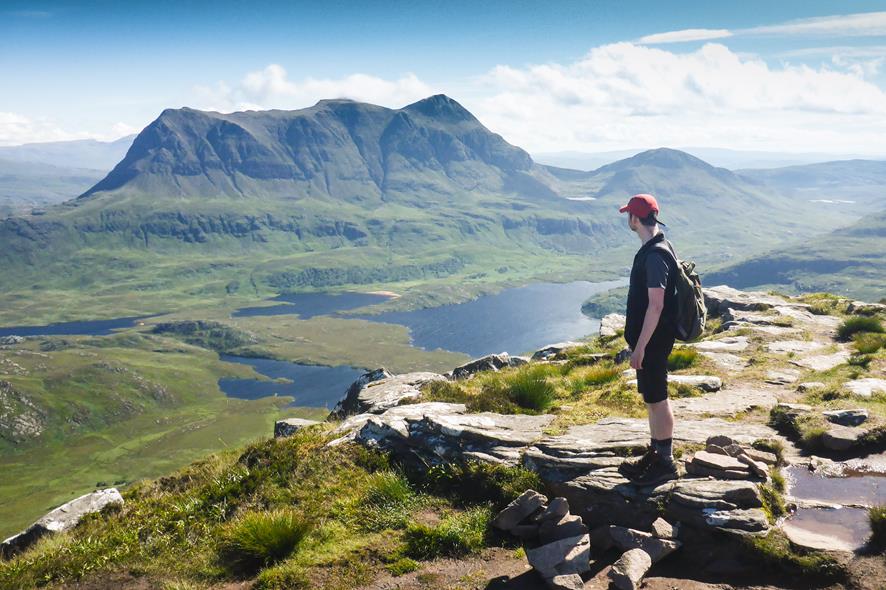 Encourages Industry to follow in its Footsteps as Scotland’s Number 1 adventure travel company is sharing its findings, and outlining the steps tourism businesses need to take, to affect change across the entire tourism sector.
Encourages Industry to follow in its Footsteps as Scotland’s Number 1 adventure travel company is sharing its findings, and outlining the steps tourism businesses need to take, to affect change across the entire tourism sector.
In its continued work to transform tourism to the benefit of people, communities, and the planet, Wilderness Scotland together with sister companies Wilderness Ireland and Wilderness England has released a Carbon Emissions Framework Methodology, designed by the carbon consultancy eCollective, that outlines how the company calculates a highly accurate carbon footprint per guest.
The goal is to not only demonstrate accountability for its pledged efforts to reach true net zero by 2030, but to also engage, inspire, and assist other tourism businesses in reducing their overall carbon footprint. Measuring the greenhouse gas emissions of the business, the scope of the methodology covers everything from office emissions, staff business travel, websites, and staff commuting, to virtual and in-person events, along with, of course, the various components of transport, accommodation, activities, food, and guides trip leaders of the adventure trips it offers.
Looking at the tourism industry’s overall carbon footprint, in November 2021, the award-winning adventure travel company introduced Carbon Labelling across all of its itineraries, providing guests with rigorous calculations and true transparency of the carbon impact when they travel, helping adventurers make more informed travel decisions on where and how to travel. Together with our colleagues in the travel and tourism industry, we believe carbon tracking across the industry can become standard, says Paul Easto, CEO and Founder of Wilderness Scotland.
With the release of this new methodology as an open-source document, our hope is that others can use it as a guide in their own sustainability initiatives, with an end goal of making the industry as a whole a force for good in the conservation of our planet. Carbon Reduction Strategy Through their work with eCollective, Wilderness Scotland has developed one of the worlds first carbon labelling schemes for travel. Like reading the nutritional information on a box of cereal, each itinerary now has a carbon label, or score, indicating the amount of kilogrammes of carbon attributed to each trip, with an average of 142kg CO2e per traveller per trip across the whole business compare this with a week at a Maldives resort at 603kg CO2e, or a Caribbean cruise, which is 445kg CO2e per day.
These labels were determined based on an analysis of the carbon footprint of over 5,000 services such as food, accommodation, transport, and activities. Here is a sample of Wilderness Scotland’s departures with a focus on sustainability Wilderness Retreat Carbon Footprint 120kg The wilds of the Cairngorms National Park await on this unique women’s only wilderness retreat. Based in a bright and airy Highland lodge that specialises in fresh, locally sourced seasonal food, guests will get the chance to experience the magic of Scotland with like-minded women.
Over the course of a week, enjoy exploring the varied landscape, learn and practice new wilderness skills, and challenge yourself in a friendly and supportive environment. With a maximum group size of 8, this inspiring guided trip combines breathtakingly scenic hikes with mini adventures and acquiring new skills. From wild swimming and restorative yoga to navigation and rewilding, you will get the chance to take part in and share new experiences.
Trip Highlights Hike in the beauty of the Cairngorms National Park. Try Wild Swimming on a sparkling mountain loch. Connect with like-minded women in a supportive environment.
For more information on Wilderness Scotland and its sustainable tourism practices, please visit WildernessScotland.com/Sustainability.
Written by: Matthew Thomas


















